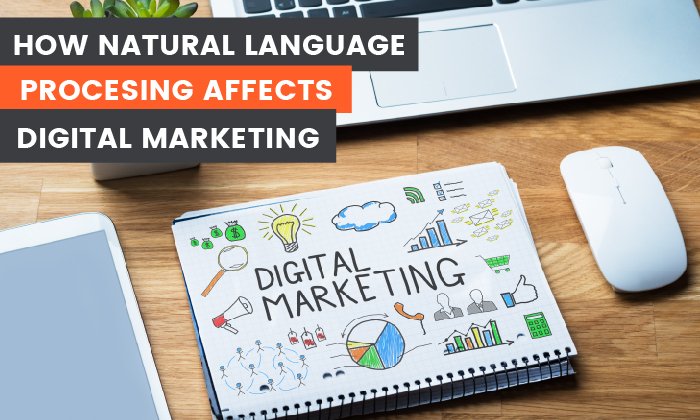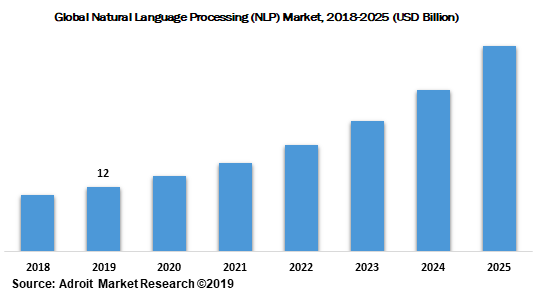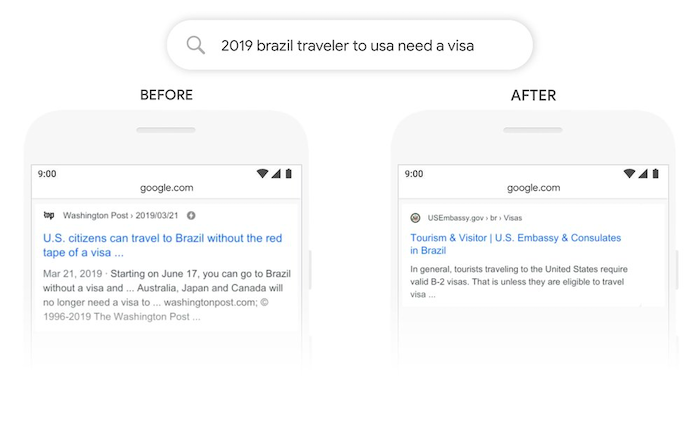How Natural Language Processing Affects Digital Marketing

By Neil Patel
“Natural language processing” (NLP) sounds complicated, but its applications are simple. Chances are, you already use NLP dozens or even hundreds of times per day.
For example:
- If you use predictive text on your phone, you’re using NLP.
- When you search for something on Google, you’re using NLP.
- If you ask a voice assistant like Alexa or Siri a question, you’re using NLP.

What exactly is natural language processing? What do you need to know about it? What impact does it have on digital marketing? Let’s find out.
What Is Natural Language Processing (NLP)?
Language is natural to humans, but the same can’t be said for computers. Understanding the context behind our words is a huge challenge for them. NLP is all about changing that.
Natural Language Processing is an area of artificial intelligence (AI) that leans on disciplines like computer science and computational linguistics to enable computers to interpret, comprehend, and manipulate the often arbitrary, ruleless world of human language. As such, its ultimate goal is to help computers make sense of the things we say in a way that adds value.
As I noted above, NLP has a ton of use cases, many completely embedded in our everyday life. For instance:
- Translation tools like Google Translate use it to produce translations between languages that make sense, rather than just a literal word-for-word translation
- Word processors (think Microsoft Word and Google Docs) use it to assess the grammatical accuracy of written text
- Call centers use interactive voice response applications to respond to certain customer requests
It’s also the driving force behind search engines like Google becoming “smarter.” While keywords are still highly valuable, search behavior is becoming more complex because we expect search engines to understand what we mean. Consider the following search:

As humans, we understand the searcher is Brazilian and wants to know if they need a visa to visit the US.
Previously, Google struggled to discern the true meaning, so it served an unhelpful result for US citizens visiting Brazil. However, advances in NLP now allow it to understand the importance of the common word “to” in this query, thereby enabling it to provide a more relevant result.
NLP vs. AI vs. Machine Learning
To a non-computer scientist, NLP sounds a lot like machine learning and AI. In reality, all three are closely intertwined, but subtly different. To understand their relationship, you need to understand a third term: deep learning.
- Artificial intelligence encompasses anything we do to make machines smarter, whether that’s a software application, a smart fridge, or a car.
- Machine learning is a subset of artificial intelligence covering anything to do with systems learning for themselves, free of human intervention.
- Deep learning is a subset of machine learning, applied specifically to large data sets.
Source:: Kiss Metrics Blog










